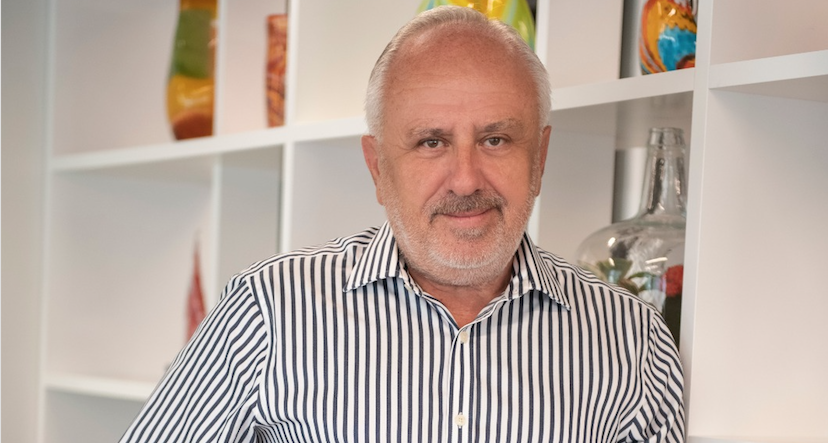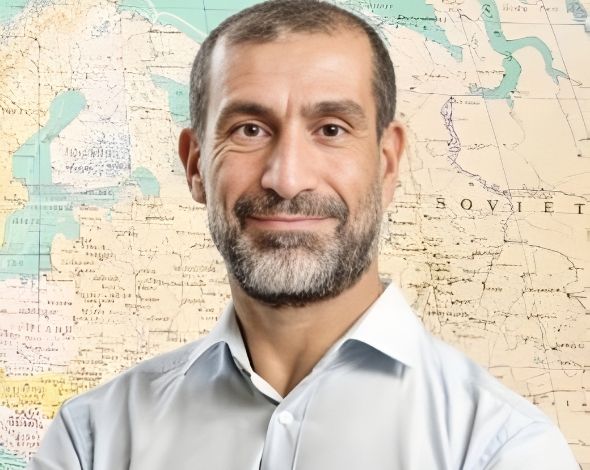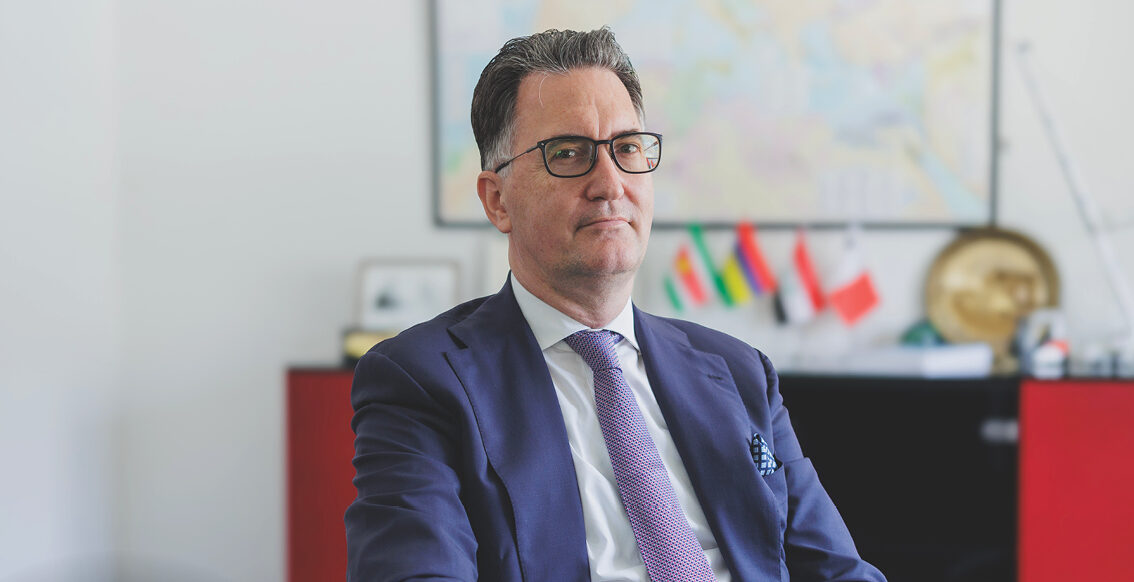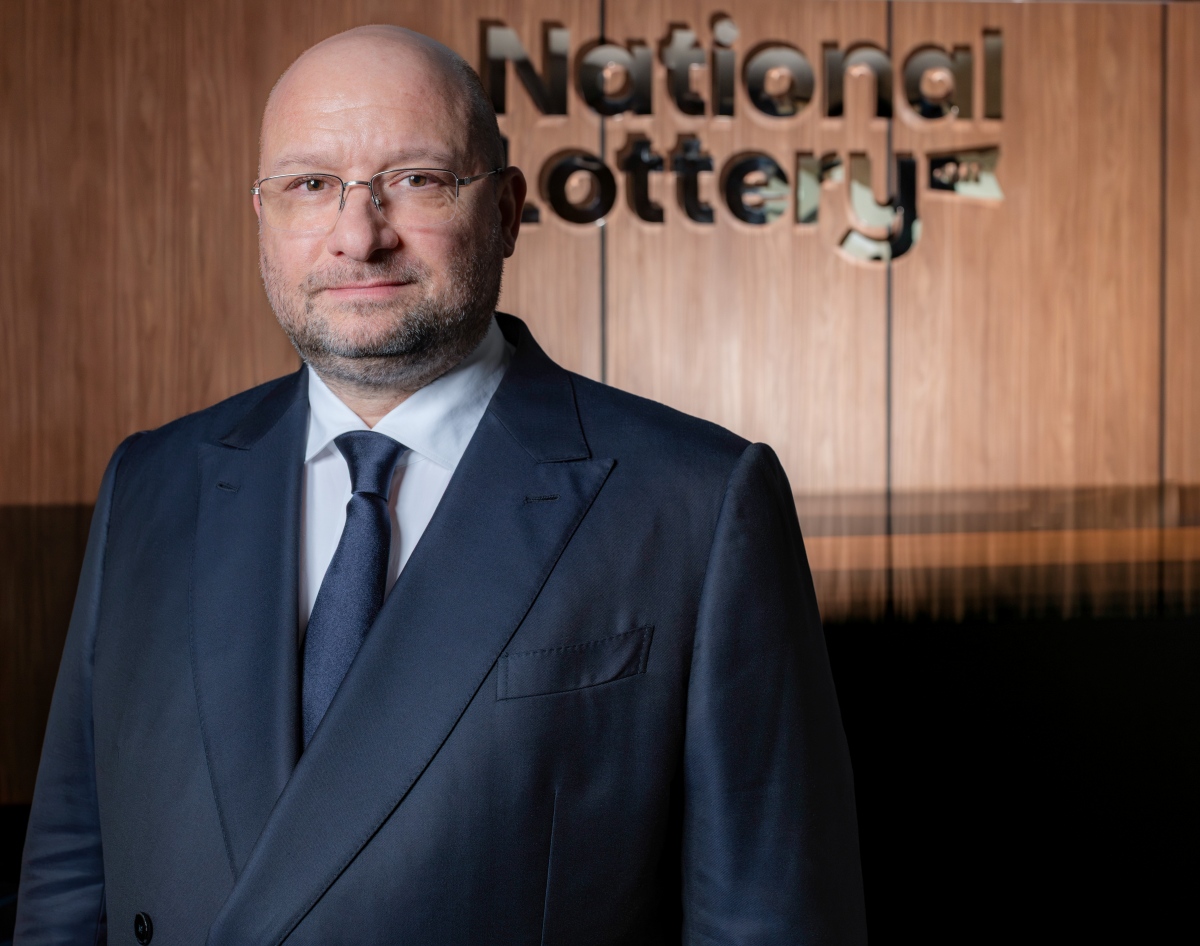Air Malta Executive Chairman David Curmi noted that the national carrier’s CO2 emissions are on par with those of the biggest and least environmentally harmful airlines around the world.
Mr Curmi made reference to a Centre for Aviation (CAPA) report which found that “25 of the world’s largest airlines collectively represent around 55 per cent of the total airline industry emissions.”
Having said that, the study also highlights that “in terms of CO2 emissions per RPK (Revenue Passenger Kilometre), there are very significant differences between the ‘best in class and the worst’.”
“The airlines on the right of the chart have the lowest environmental impact since they emit less than 100 tonnes of CO2 per million RPK. It’s good to see Air Malta coming in at the lower end of the chart at around 90 tonnes of CO2 per million RPK,” the Chairman noted on social media.
“This has been possible because Air Malta was one of the first airlines to start the conversion to a new generation aircraft,” he continued.
The most environmentally harmful airline, as shown in the study, produces just under 140 tonnes of CO2 per million RPK, practically double what the least harmful airline produces.
“Air Malta started the renewal of its fleet in 2018, moving from the old A320CEO to the greener A320NEO and, it is planned, that by 2024 the entire fleet will consist of a single-type aircraft – the A320NEO – an aircraft that is not only economically more efficient, but environmentally too,” Mr Curmi wrote.
“With the deployment of the new energy-efficient aircraft, Air Malta will significantly reduce fuel consumption, CO2 emissions, and noise footprint, and will therefore be well-placed to be a leader in the reduction of human induced climate change and in meeting sustainability targets,” he concluded.
Farsons names Alistair Martin Haber as Chief Digital and Technology Officer
He brings more than 25 years of international experience in digital transformation, infrastructure modernisation and cloud strategy across enterprise environments
Matthew Ellul Sullivan assesses how Middle East war could impact Malta
He said that Malta could be negatively impacted if the closure of the Strait of Hormuz results in fewer vessels ...
MedservRegis Co-CEO: Disruption to Middle East operations minimal, no evacuation required
Olivier Bernard says the group’s operations remain largely unaffected and there is currently no need to evacuate staff.
IZIGROUP: From market leadership to international ambition
Over the past few years, IZIGROUP has been 'methodically laying the groundwork for international growth,' says Founder and CEO Johann ...









